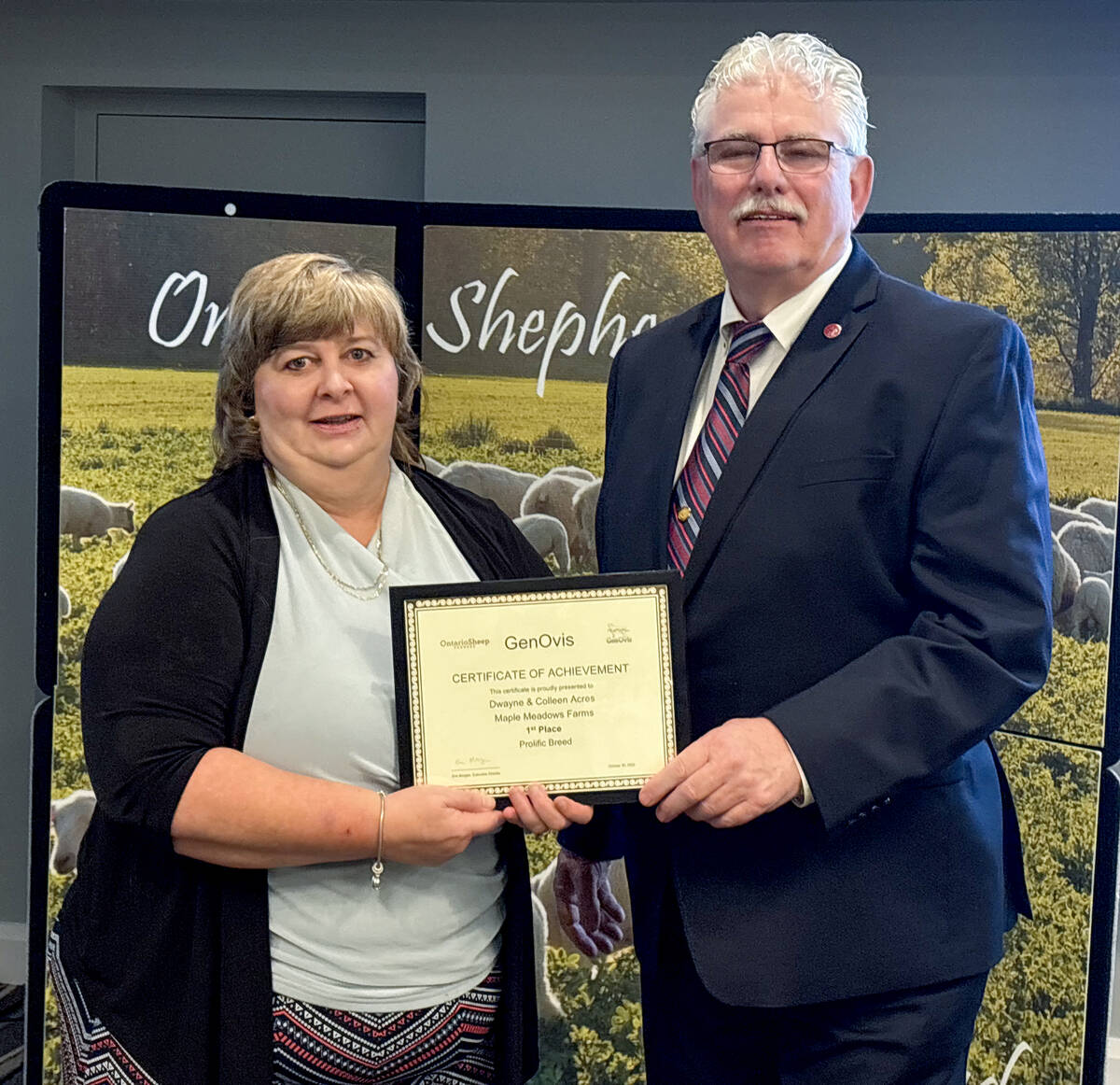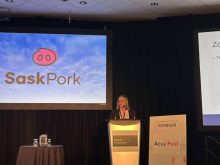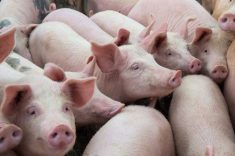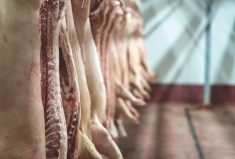The governments of Canada and Ontario are investing nearly $3 million in three new initiatives as part of a coordinated effort to enhance biosecurity and support the provincial pork sector’s African swine fever (ASF) prevention and emergency preparedness efforts.
Starting November 5, 2021, a new targeted intake under the Canadian Agricultural Partnership (the Partnership) will provide funding to Ontario pork producers, processors and other agri-businesses to support their training, education and planning, as well as for supply and infrastructure investments and modifications needed to strengthen swine-related operations, support industry businesses, and protect the herds and livelihoods of Ontario pork producers.
Additionally, funding will be allocated under the Partnership for an education outreach and awareness campaign for “small holder” farms, or farms that market fewer than 1,000 hogs or 50 sows per year. The campaign will focus on increasing small hog producers’ awareness of the risks of ASF and the need for strong biosecurity and emergency preparedness measures.
Read Also

GenOvis awards presented at Ontario Sheep Farmers’ annual meeting
Producers and youth were recognized for their contributions during the Ontario Sheep Farmers’ annual GenOvis and leadership awards.
Targeted financial support will also be provided to help the province’s producers of Eurasian wild boar (EWB) transition out of the production of these animals. Farm escapes of Eurasian wild boar amplify the population of wild pigs, which have already caused widespread problems in Canada’s prairie provinces and many American states – these wild pigs can damage crops and the natural environment and could transmit ASF to pork operations in Ontario.
The Ontario government is taking action to prevent wild pigs from establishing in the province. This includes detection and removal efforts, as well as regulating wild pigs under the Invasive Species Act, 2015 as they pose a greater risk of transmitting ASF if they escape in the wild.
To assist EWB farmers and encourage faster transition, producers who agree to stop raising them within six months will be eligible for funding to shift to other forms of production such as heritage breeds of swine, other livestock or crop production.
African swine fever could potentially disrupt Ontario’s supply chain. Many large-scale pork producers have strict biosecurity measures already in place, and this investment will provide additional support throughout the pork value chain to proactively enhance the sector’s biosecurity and preparedness. This coordinated effort aims to minimize the risk of introduction of ASF in the province and in Canada and mitigate the risks it poses to the industry.
The intake for Ontario’s pork industry and related businesses will provide cost-share funding for eligible expenses that will support biosecurity improvements and emergency preparedness planning for the sector. Costs will be eligible starting October 19, 2021. This intake provides higher cost share at 50 per cent than other intakes under the Partnership at 35 per cent because of the critical and urgent nature of this work.
Quick Facts
- The intake for pork producers, processors and other agri-businesses to support biosecurity activities will open on November 5, 2021, however expenses incurred as of October 19, 2021 are eligible. Applicants can submit application forms on a first-come, first-served basis until December 3, 2021. Intake information will be posted soon. Applicants will be able to apply for reimbursement of 50 per cent of costs, up to a maximum of $40,000 per applicant.
- Under Ontario’s Invasive Species Act, the import, possession, transport, propagation, lease, trade, buying and sale of Eurasian wild boar and their hybrids will be prohibited as of January 1, 2022.
- More information about the intake for EWB producers to transition to other types of production will be made available on the Agricorp website in the coming weeks. Program eligibility is limited to those participants who own EWB as of October 19, 2021. Eligible EWB producers will receive $200 per animal to eliminate their herd while also transitioning to other forms of production.
- These programs are being reviewed by Agriculture and Agri-Food Canada to ensure consistency with the Canadian Agricultural Partnership agreement between the federal and Ontario governments. Programs are subject to change pending full approval.














